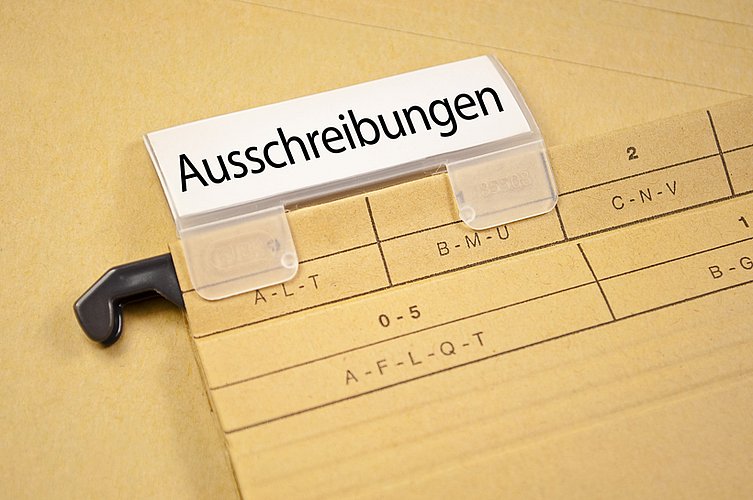BRX Update: State aid / Beihilferecht
State aid: effect on inter-state trade
Not all subsidies that governments grant to enterprises fall under the prohibition of the Treaty (TFEU), as illegal aid. To be considered as State aid, which is incompatible with the common market, aid must fulfil five criteria: it must be finance from the State, which is selective, meaning it is not generally available; confer an advantage on the recipient; distort or threaten to distort competition and affect trade between Member States.
Aid capable of affecting trade between Member States
The last criterion is often difficult to assess. To qualify as State aid, there is no requirement that trade is in fact affected. The possibility that a subsidy may affect trade is sufficient to meet this criterion. Aid, which is intended to support local services, may be caught because it strengthens the position of an enterprise, which competes with other entities in inter EU trade or creates barriers to entry for competitors to enter a local market. Where a market is open to competition from other Member States, the inter-state trade effect may be triggered.
Commission’s assessment
The assessment that the Commission carries out in making this determination is unlike the analysis that it makes of the effect on trade criterion in antitrust law, where it must define a market and make an economic assessment. There is no minimum threshold or presumption of compatibility based on the amounts involved, the size of the recipient or whether an effect is appreciable or substantive in State aid law. The question is important not least because since the State aid modernisation reforms the Commission has shifted its focus to dealing ex ante with aid, which has a major impact on the common market and left it to Member States to deal with other less important aid.
Commission’s guidance on the notion of aid
So what guidance do we have? Following the modernisation process, which involved a complete overhaul of most of the State aid instruments, in 2016, the Commission adopted a notice on the notion of aid, which includes guidance on the issue of effect on trade. This provides that there must be some analysis of the foreseeable effects of a measure, which goes beyond the hypothetical. However the guidance falls short of defining what may be considered the effect on trade in any concrete way but provides examples of its recent practice in some sectors such as sport, cultural events, health care, ports and ski-lifts. In these cases it found that public support was unlikely to affect trade between Member States because the activities, which were supported, were unlikely to attract customers or investment from other Member States and that it could not be foreseen that a measure would have more than a marginal effect on the conditions of cross-border investments or establishment.
Conclusion
In conclusion, it would seem that however local the market, those giving and receiving ad hoc aid, which is not block exempted or de minimis and their advisors need to be careful to make a detailed assessment of the potential for an inter-state trade effect in every case.






![[Translate to English:] [Translate to English:]](/fileadmin/_processed_/6/b/csm_Besprechung_Laptop_Haende_45d0bbe7d2.jpg)





